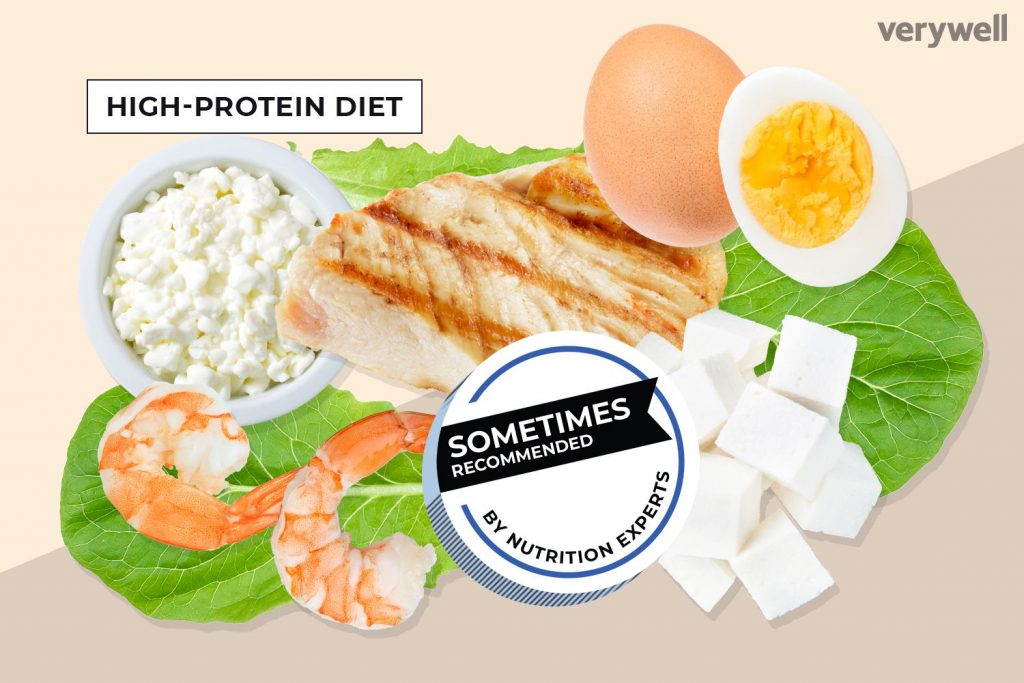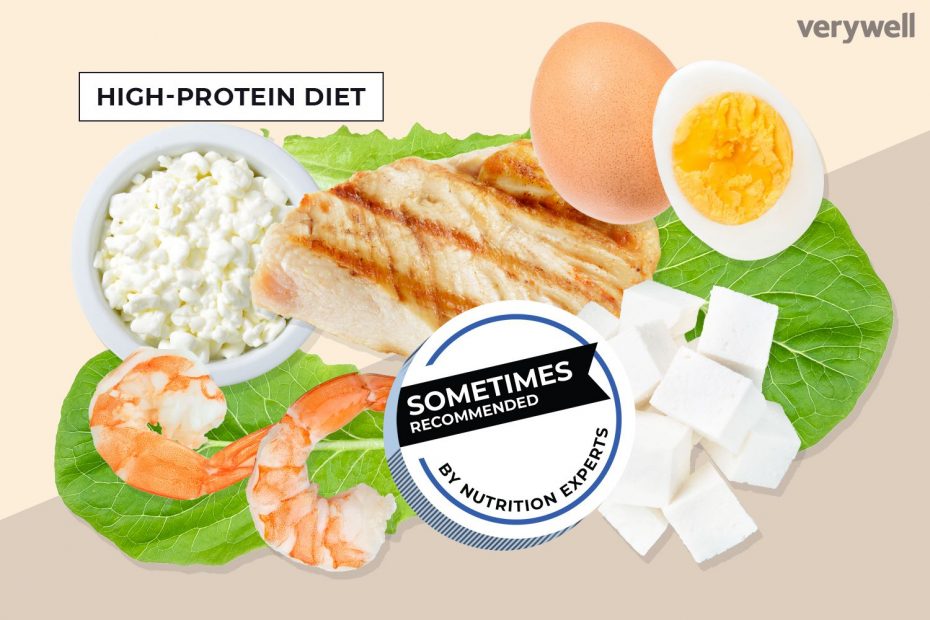
Protein is a macronutrient. It can help you lose weight, but you have to be mindful of your needs and the type of protein you’re consuming. For example, a high-protein diet or supplements like protein pills might help with weight loss. On the other hand, high-calorie protein shakes and powders could have the opposite effect.
Protein’s Importance
Protein is a macronutrient that’s a critical part of a healthy diet. Macronutrients are nutrients we need in larger quantities and provide us with energy. The other two, aside from protein, are fat and carbohydrates.
Micronutrients are vitamins and minerals. They’re also important for our health, but we consume them in smaller amounts.
We usually get micronutrients from macronutrients.
Protein-rich foods like meat, beans, eggs, and fish are also vitamin D, calcium, and iron sources.
Protein is a nutrient your body uses for growing and repairing cells and proper function. Proteins are made up of amino acids, and around 20 different ones link to one another in varying combinations.
Your body uses these amino acids for making new proteins, like bone and muscle, and compounds, like hormones and enzymes. Your body can also use them for energy. Your body can make some amino acids, known as non-essential, and then you can’t make the other nine. These are known as essential amino acids.
It’s rare for people to not get enough protein from their diet, but it does happen. Symptoms of protein deficiency can include anemia, edema, and muscle loss. Check out performix sst v2x reviews.
Vegans and vegetarians, people with digestive disorders, and older people may not get enough protein or may not absorb it well, so that they might supplement.
Some people supplement with protein to help with strength training and building muscle.
Protein and Weight Loss
Getting adequate amounts of protein can help reduce your appetite, support a healthy metabolism, and you might be better able to lose body fat without losing muscle.
We’ll explore some of these benefits in more detail.
Reduced Appetite
Protein helps reduce appetite and hunger, partially because of the release of fullness hormones. Studies show higher protein intake may lead to less hunger throughout the day and the consumption of fewer calories. In one review, having more than 35 grams of protein at once seemed most effective in reducing hunger and increasing feelings of fullness.
Healthy Metabolism
A high protein diet, especially when you combine it with regular strength training, can help you build muscle. Muscle helps your metabolism and energy production. Your body also uses more energy for digesting protein than fat or carbs, so you’re burning more calories in the process. That can give you a bit of a metabolic boost.
Belly Fat
High protein diets are thought to be a good way to lose body fat and weight. In some research studies, high-protein diets have led to significantly greater reductions in body fat.
It appears that high-protein diets support weight loss and fat loss around the midsection.
Having adequate protein can help you maintain your weight too. Studies show that high protein diets give less weight regain in the short-term after losing significant amounts. Check out ideal protein alternative.
Choosing the Best Sources of Protein
As with anything, it’s best to get protein from food.
Some good protein-filled foods that support weight loss include Greek yogurt, nuts, and seeds, lean meat, and quinoa.
If you supplement with protein, whey tends to be absorbed more quickly than other types like casein. That makes it good for muscle synthesis after working out, and you may feel less hungry in the short term.
Some studies have found whey generally is better than soy and plant-based protein for weight loss. Whey contains all nine essential amino acids, as does casein.
If you use protein shakes, bars, or powders and your goal is weight loss, read the ingredient label carefully. Some of these could have sugar or be high in calories, so they’re not going to be helpful to meet your weight loss goals.
If you combine powders into a shake that you make at home, you also have to think about what you’re putting into it because no matter how much protein you have, if you’re taking in more calories than what you’re burning, you’re unlikely to lose weight.
